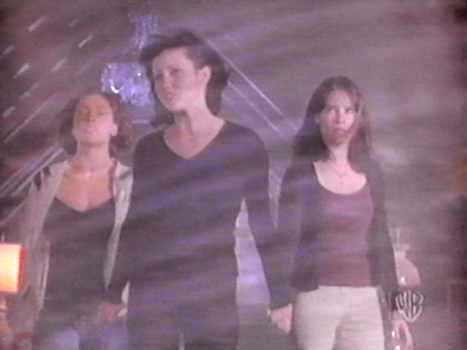
Witchs and Wicca
Wicca: The spiritual practice and beliefs linked to Celtic, Hindu, Norse and Christian
practices and rituals which date back to ancient times and formed the roots of the term
'witch' in Old English.
There are a lot of myths and misunderstandings swirling around the religion of Wicca and the
practice of witchcraft. Witchcraft and Wiccan rituals are often misunderstood as Satan worship
and occult practices. But the reality is that Wicca has been practiced for almost 2000 years
as a pantheistic, earth-centric religion with Celtic, Hindu, Norse and even some Christian
influences. Unfortunately, throughout history witches and those who practice witchcraft and
Wicca have been persecuted. In the past, a witch has been considered someone who is evil and
looks to inflict evil on others. The result of these misunderstanding is that some who practice
Wicca do not even want to be called witches and simply refer to themselves as Wiccan.
Basic to Wicca beliefs is the acceptance of a God(s) and a Goddess(es), male and female, which
implies a duality of the Greater Spirit. The laws governing the Wiccan beliefs are in the Wiccan
Rede, or the law of the three. The Wiccan Rede's basic principle encourages witches to use their
spells only for good otherwise the spells they cast for evil will come back to them three-fold.
Those who believe in Wicca revere Mother Nature, life of all types and the Earth and, which
represents the Goddess(es). They also believe that each religion points ultimately, to the same
divine source. Contrary to popular belief there is no place for Satan or absolute evil in Wicca.
Because Wiccans believe in free will and are responsible for their own actions, they believe
that any evil they cast on others will in turn bring evil to them. This leads to a similarity
between Wicca and Hinduism which has a belief in Karma. As a result some Wiccans believe in
reincarnation.
Many Wiccans believe that life is a journey and one is born into a higher form on each journey
until no more lessons are needed on the physical plane. So the spells they cast in this journey
must be for good.
Witch and Wiccan Things
Book of Shadows: A relatively new term for a collection of information in book form.
Sort of a witch's how-to guide and much akin to a magical cookbook. Another name for this
text is "grimoire."
Charm: Either an amulet or talisman that has been charged by saying an incantation over it
and instilling it with energy for a specific task.
Familiar: Witches, in folklore, are often pictured in the company of a black cat. The cat,
like any animal, may have a special connection to the witch and will protect the home of a
witch. Today's witches may have their pet parakeet, poodle or python as the Familiar that is
bonded to them.
Pentagram: A five-pointed, upright star. Worn as a symbol of a witch's belief and used in
magical ceremonies. Each point on the star has a specific meaning: earth, air, fire, water and
spirit. A pentagram with a circle around it symbolizes a passive spiritual containment keeping
in tune with the traditional secrecy of witchcraft. A pentagram without a surrounding circle
symbolizes a prepared awareness. An inverted pentagram often denotes a dark aspect or force and
can be considered a negative sign.
Spirit Board: A flat board with letters, numbers and the words "yes" and "no" etched on the
surface. When called on, spirits guide the pointer on the board to spell or answers to questions.
Tarot: Set of 78 picture cards used to reveal hidden truths.
Warlock: According to the The Book of Shadows on "Charmed," these are evil demons who hunt and
kill witches. Warlocks are former witches who failed to follow the "Wiccan Rede" (moral code).
Wiccan Rede: The law of the three that governs Wicca beliefs (whatever energy is sent, either
negative or positive, comes back to the sender three-fold) which is a basic belief of eastern
Karmic practices. Understanding that we are all responsible for our own actions, not some
creature of all-evil, and the will of love. "An ye harm none, do what ye will." The basic idea
is that as long as witches do not harm anyone with their potions and spells, they are free to do
as they like.
Witch and Wiccan Gatherings
Ceremony of Initiation: A ceremony of honor held by a group to welcome an initiate into the
Craft.
Coven: A group of witches who work together in an organized fashion for positive magical
endeavors or to perform religious ceremonies. The covenstead is the meeting place of the
witches, often a fixed building or place where a witch can feel safe and at home.
Fire Festivals: Four festivals associated with planting, harvesting, and hunting.
 Return to Main Page.
Return to Main Page.